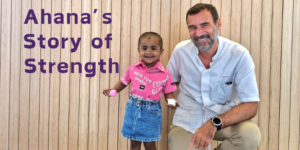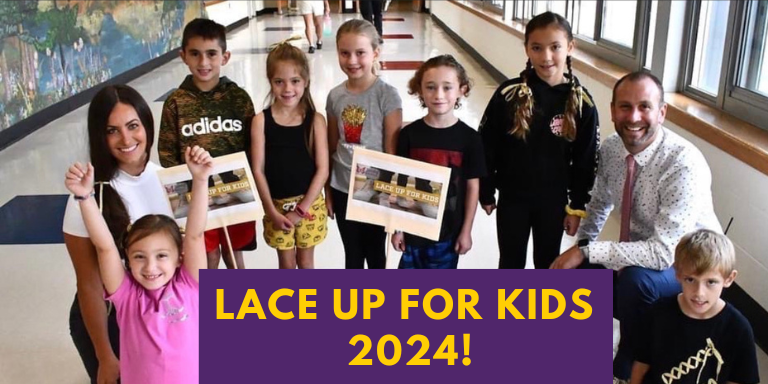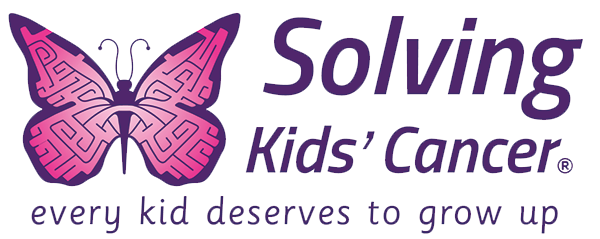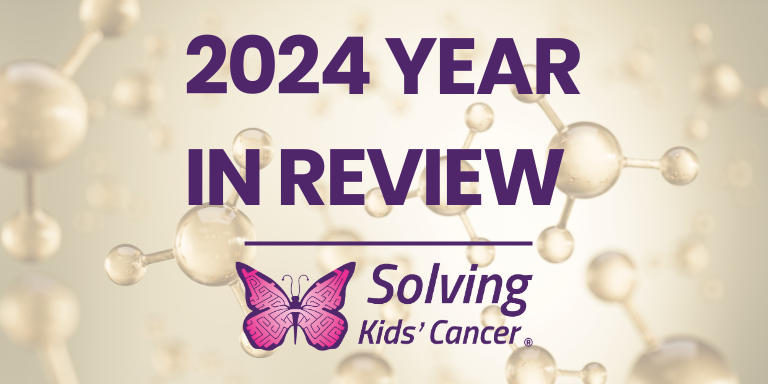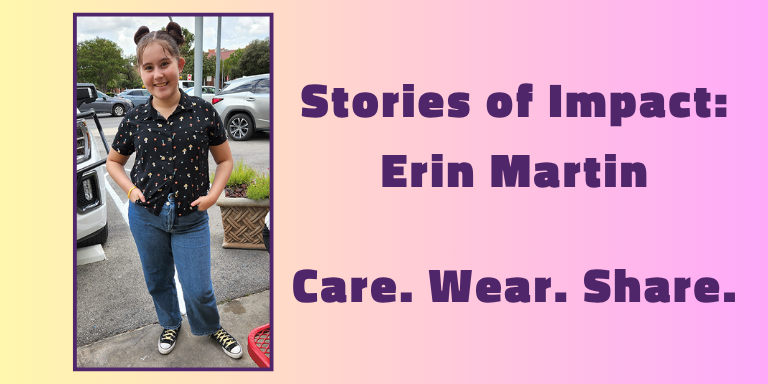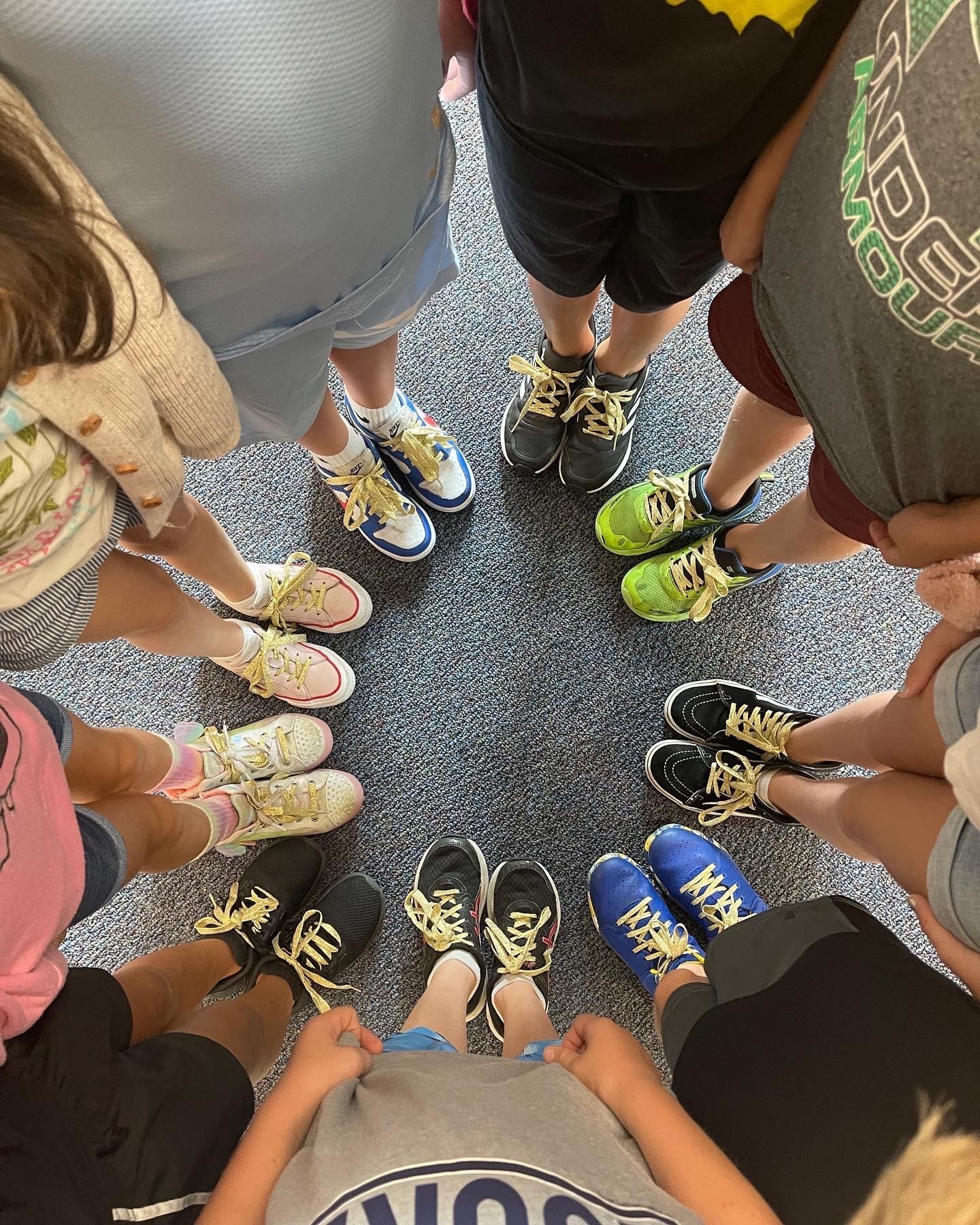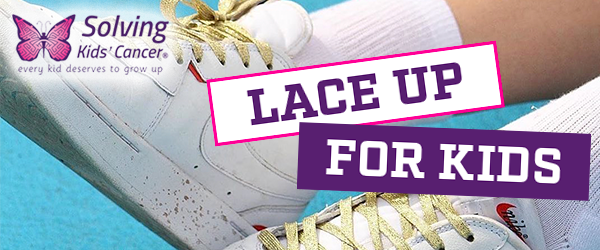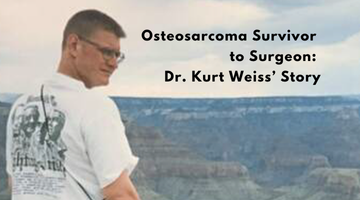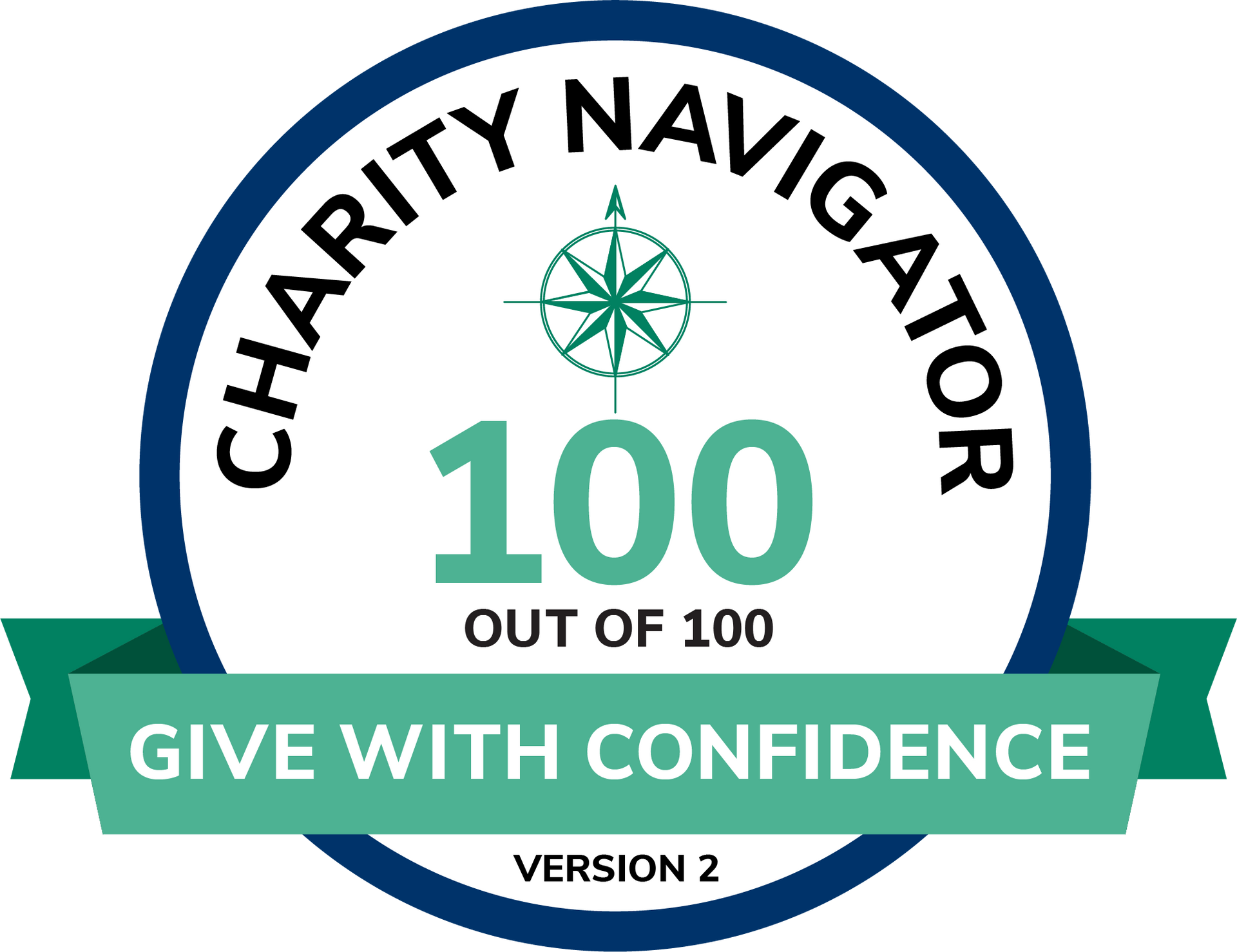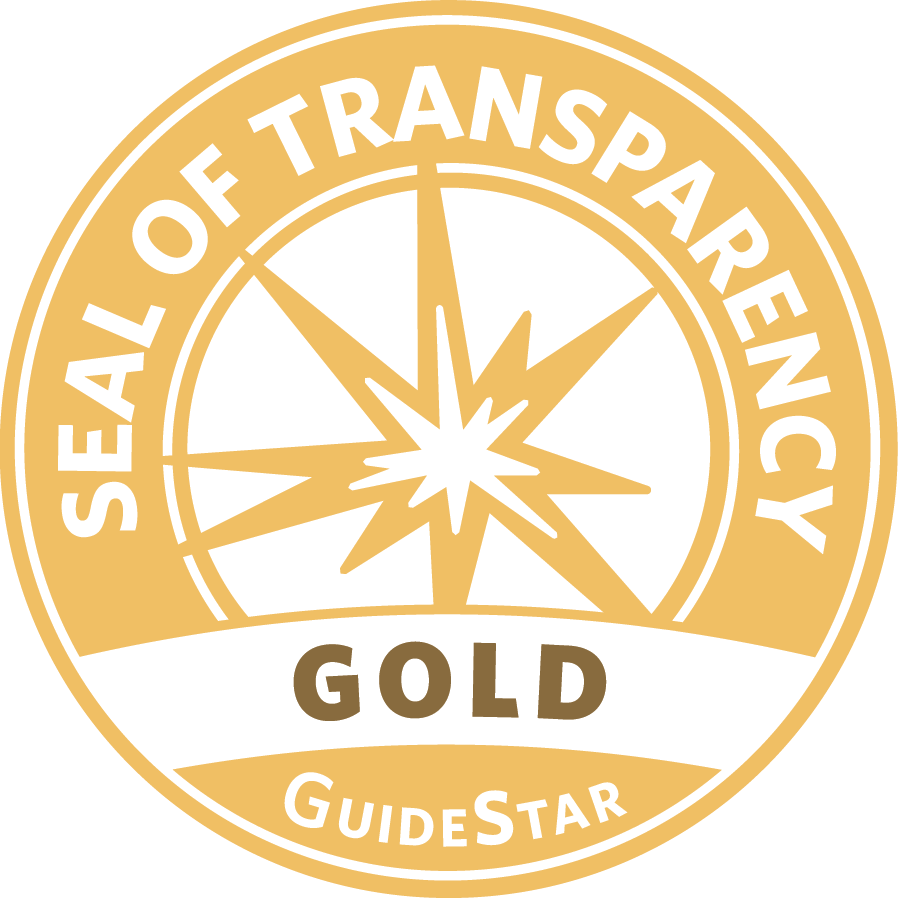Arden’s Story of Hope
From Neuroblastoma Cancer to No Evidence of Disease: Arden’s Story of Hope
When a young child starts daycare, catching a bug or two is quite normal. But for 15-month-old Arden, a week of persistent low-grade fevers and stomach troubles soon became a concern for her parents, Megan and David. These symptoms, which initially seemed like common childhood issues to the nurse practitioner at Arden’s primary care doctor’s office, didn’t fade away and began to impact Arden’s energy and playfulness.
Megan and David’s concern turned to alarm when it became clear these were not just passing ailments; they were signs of something more serious. This realization drove them to seek additional medical attention, marking the start of a difficult and unforeseen path. It was a journey fraught with worry and uncertainty, yet they remained steadfast in their relentless pursuit of hope.
The Path to Diagnosis
The weekend before Arden’s diagnosis was particularly distressing. She had a severe stomach bug that seemed like a typical virus at first, especially when her parents got sick too. But as the new week began, her condition got worse. Megan remembered the troubling signs: “She was really sleepy, she just wasn’t herself.” A visit to a new pediatrician led to a concerning discovery when he felt a mass on Arden’s left adrenal gland, a small organ above the kidney that produces hormones.
This alarming find quickly shifted their course to the Children’s Hospital of Philadelphia (CHOP), renowned for its pioneering work in pediatric cancer treatment. At CHOP’s oncology floor, Arden underwent further evaluation, including an MRI that offered a more detailed view of her condition.
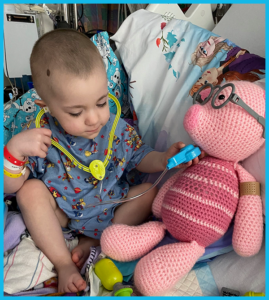
On November 18, 2019, the reality hit hard as Arden’s family faced the diagnosis of neuroblastoma cancer. From diagnosis, Arden’s primary oncologist was Dr. Frank Balis, and then Dr. Grossmann and Dr. Mossé took the lead to support Arden through her treatment as part of the Children’s Oncology Group (COG) clinical trial. This transfer to CHOP was not just a change in location; it was a step into a world of specialized care and hope for effective treatment.
The Realities of Cancer Treatment
Megan and David had tremendous anxiety during these initial days of diagnosis and staging, followed by a whirlwind of hospital stays, rigorous testing, and the harsh realities of cancer treatment.
Knowing treatment was needed right away, the family agreed to start Arden on intermediate-risk instead of high-risk chemotherapy in order to leave open the possibility of participating in the Children’s Oncology Group (COG) clinical trial, while her biopsied tumor was sent off for further research to determine if she had the ALK gene alteration. This means there’s a problem with the ALK gene, causing the cancer to grow quickly and is particularly hard to treat.
Tests later revealed that Arden did have ALK neuroblastoma — a critical discovery that helped steer her treatment toward more targeted therapies and qualifying her for the COG trial with new and more effective treatment for her type of neuroblastoma cancer.
The Challenge with Crizotinib
In December 2019, Arden began taking Crizotinib, a targeted cancer drug designed to specifically attack ALK+ neuroblastoma cancer cells as part of her neuroblastoma treatment protocol under the COG trial. Arden had major success with the medication, a promising development in her battle against cancer. Megan, when recalling the doctors’ assurance, shared, “They told us, ‘If it works, you’re going to see the tumors just start to melt away.” And indeed, the treatment did just that.
But, while Crizotinib was effective in fighting Arden’s disease, it came with significant side effects. She experienced a substantial decrease in her appetite. Megan recounted, “She initially had a nasogastric (NG) tube and then a gastrostomy (G)-tube … her entire nutrition was by feed.”
Crizotinib caused many side effects that seriously impacted her quality of life. The medication also led to gastrointestinal issues and nausea, complicating her recovery. This phase was demanding, with late-night medication routines and constant care. Despite these difficulties, Megan and David remained hopeful, committed to the treatment, and eagerly looking forward to the day when Arden would return to being her cheerful, energetic self.
The Miracle: No Evidence of Disease
In April 2020, after finishing her chemotherapy and surgery to remove her tumor, Arden had her first scans after diagnosis. Her family anxiously awaited the news that would shape their future. At 9 pm, Dr. Grossmann called with life-changing words: “Megan, you got your miracle. There’s no more evidence of disease.” Arden had reached No Evidence of Disease (NED) after her tough fight against ALK neuroblastoma, marking a critical milestone that flooded the family with relief and joy.
This profound moment of hope and gratitude came after many months of treatment, reflecting their relentless pursuit of a cure. Megan remembers all the ups and downs, the worry, and the fear, but they always focused on one thing: getting Arden completely well.
“From day one, we didn’t want to know the statistics of her survival, we just wanted to cure her and wanted everyone on her team to focus on that goal,” she recalled. This success wasn’t just for Arden alone; it was the result of everyone — family, doctors, nurses, researchers, and organizations — working to turn hope into reality.
A Transformative Phase with Lorlatinib
Two years later, after reaching NED, Arden started a new kind of neuroblastoma treatment called Lorlatinib. This medicine was made just for her type of neuroblastoma cancer, and it worked in a different way than her old medicine, Crizotinib. Lorlatinib was better at targeting cancer cells and had fewer side effects, which was good news because Crizotinib had been hard on Arden.
Switching to Lorlatinib was done to help prevent Arden’s cancer from coming back. Even though she had achieved NED, there was still a chance the cancer could return. Lorlatinib helped lower this risk, offering continued treatment while improving her quality of life.
Arden’s response to Lorlatinib was extraordinary. Her blood tests improved dramatically, her immune system started to strengthen, and she regained her appetite. “She became just voraciously hungry,” Megan recalled, “which after years of not seeing your kid eat, we were like, ‘Eat everything.’”
Lorlatinib did more than just keep the cancer away. It helped bring back the fun and playful side of Arden’s life. She was lively and energetic again, enjoying being a kid. This was a huge relief and joy for her family – Lorlatinib didn’t just help with the cancer; it helped Arden be a happy, normal kid again.
Solving Kids’ Cancer’s Role
Solving Kids’ Cancer (SKC) is dedicated to finding, funding, and advocating for groundbreaking treatments specifically for children facing the deadliest cancers. Recognizing the potential of Lorlatinib as a promising treatment, SKC actively pushed for its research and streamlined its approval into clinical trials, cutting down the typically lengthy process from over a decade to just four years.
Megan expressed gratitude to SKC, “Their support went beyond funding. They gave us hope and the chance for a better, less harmful treatment.” SKC’s dedication to driving research and clinical trials addresses the crucial need for treatments that not only cure but also reduce long-term side effects and improve the quality of life for young survivors. Our efforts are paving the way for a future where children can overcome cancer and thrive.
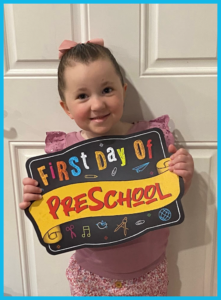
Hope for More Families
Today, Arden is growing into a happy, active girl, enjoying soccer and ballet, which fills Megan with joy. “Seeing her so full of life is more than we ever dreamed,” she said with a smile. Yet the impact of Arden’s recovery extends beyond their family; they want to share their hope with others too. “If our experience could ease another family’s journey, that would mean so much,” Megan shared.
When you support Solving Kids’ Cancer, you’re not just donating to a cause; you’re investing in hope and a healthier future for all children battling cancer. It’s a commitment to finding the gentlest and most effective treatments, ensuring that each child, like Arden, has the chance to enjoy childhood to the fullest — because every kid deserves to grow up.
